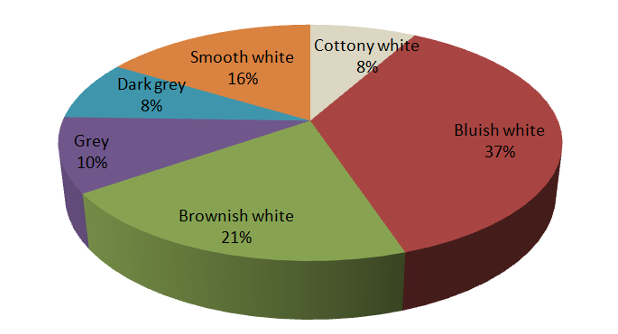
ABSTRACT: The utilization of naturally existing microorganisms in bioremediation procedures, which use contaminated areas and dangerous organic chemical residues to be removed, is constantly developing. Actinomycetes have grown in significance since they are crucial to the recycling of organic debris and the creation of new drugs and enzymes. It is possible to use many Actinomycetes genera to bioconvert underused organic waste into highly valuable chemical compounds. This study was conducted to isolate actinomycetes capable of producing waste-degrading enzymes from floral waste vermicompost. In this study, floral waste was decomposed using the technique of vermicomposting. The floral wastes and cow dung in a ratio of 1:1 (50% each) were fed to Eisenia fetida earthworms for 45-60 days, keeping 100% floral waste and 100% cowdung as control. The actinomycetes were isolated and characterized morphologically using the dilution technique on starch casein-agar media. A total of six isolates were selected for enzymatic and antimicrobial screening based on their abundance. The amylase, protease, and peptonization-coagulation activities were determined through a screening procedure. All selected strains demonstrated enzyme production. Actinomycetes growth patterns and mycelial coloration were documented. The cultural and morphological analysis identified actinomycetes genera as Streptomyces. The actinomycetes isolated from floral waste were found to be promising microorganisms for the production of antibacterial and antifungal antibiotics. Also, the use of a microbial consortium was found to be the best option for faster degradation of waste.
Keywords: Floral Waste, vermicomposting, actinomycetes, enzyme production, antibiotic production, microbial consortium
